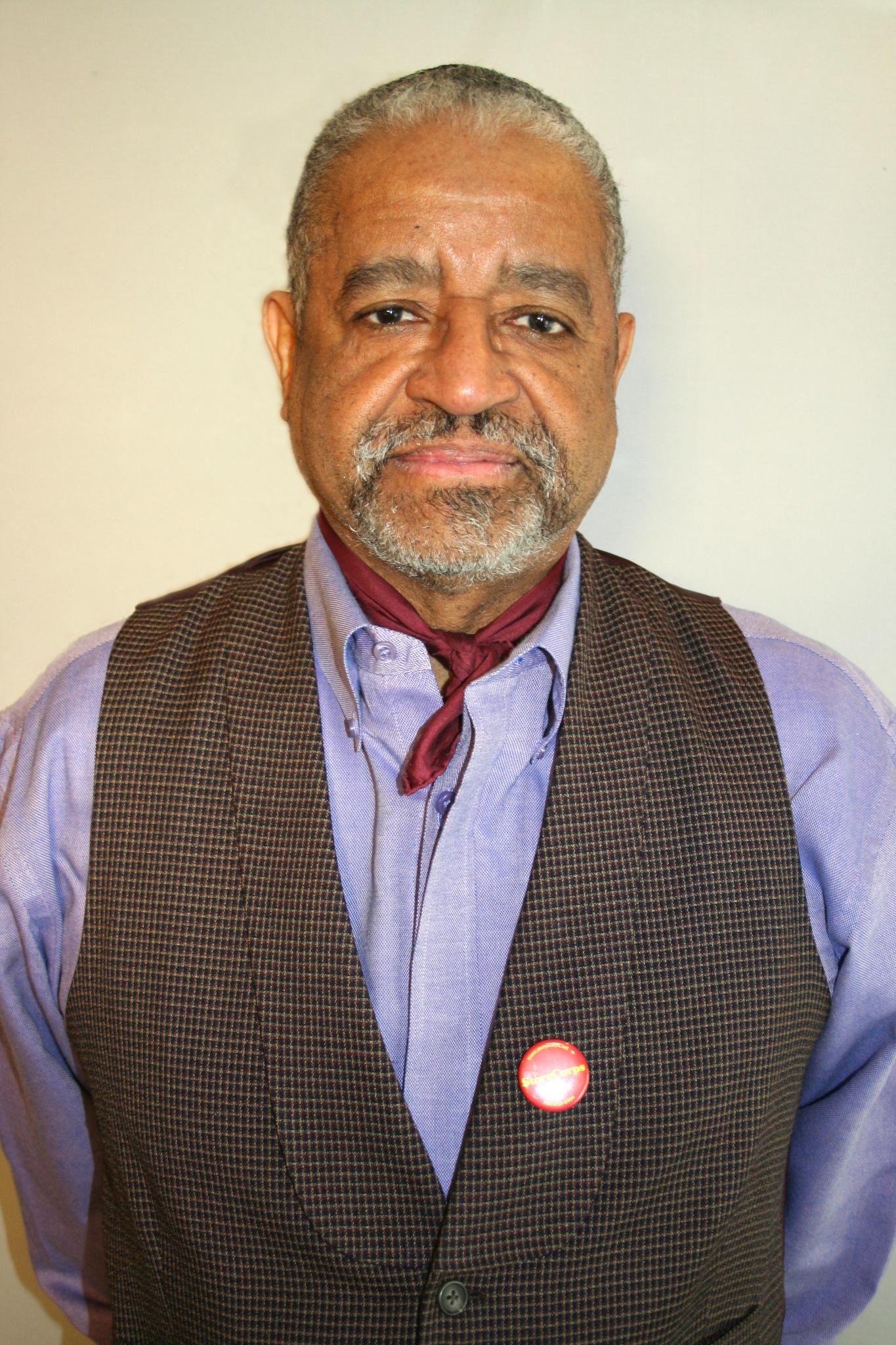
Editor’s Note: With this online package and several pieces you may have noticed in recent issues of our magazine, ESSENCE is marking the 50th anniversary of 1963, a watershed year in the civil rights movement. As we reflect on that era and its lessons, ESSENCE.com is partnering with StoryCorps, a nonprofit organization whose mission is to record and preserve the personal histories of diverse Americans — including those Black Americans who were witness to the times and to our struggle for equality. Over the next few weeks, we’ll be sharing snippets of these touching, inspiring, sometimes infuriating stories from StoryCorps’ archives.
Jim McFarland knew nothing about segregation growing up, so during his trips from New York to the South as a boy he maintained a naivety that was only to be awakened in his pre-adolescence
“When I was younger, I could read the letter c but I didn’t know the word colored,” McFarland recalls, so [my grandmother] would say, use the one with the c on it, you can’t use the one with the w.”
With his family keeping the truth about race relations secret from him, McFarland interpreted these seperate spaces as something positive for African Americans. He even recalls boasting to friends about how great of a place the south was for people of color.
“I used to tell them, man them brothers got it going on in the south,” he explains. “We got our own bathroom.”
In the audio clip below, recorded by StoryCorps in Atlanta, Georgia, Jim McFarland remembers his travels as a boy and recalls how awareness changed his entire perspective on the South forever.
[MP3-URL:/sites/default/files/audio/2013/04/17/mcfarland.mp3]